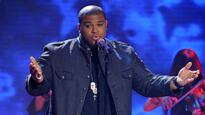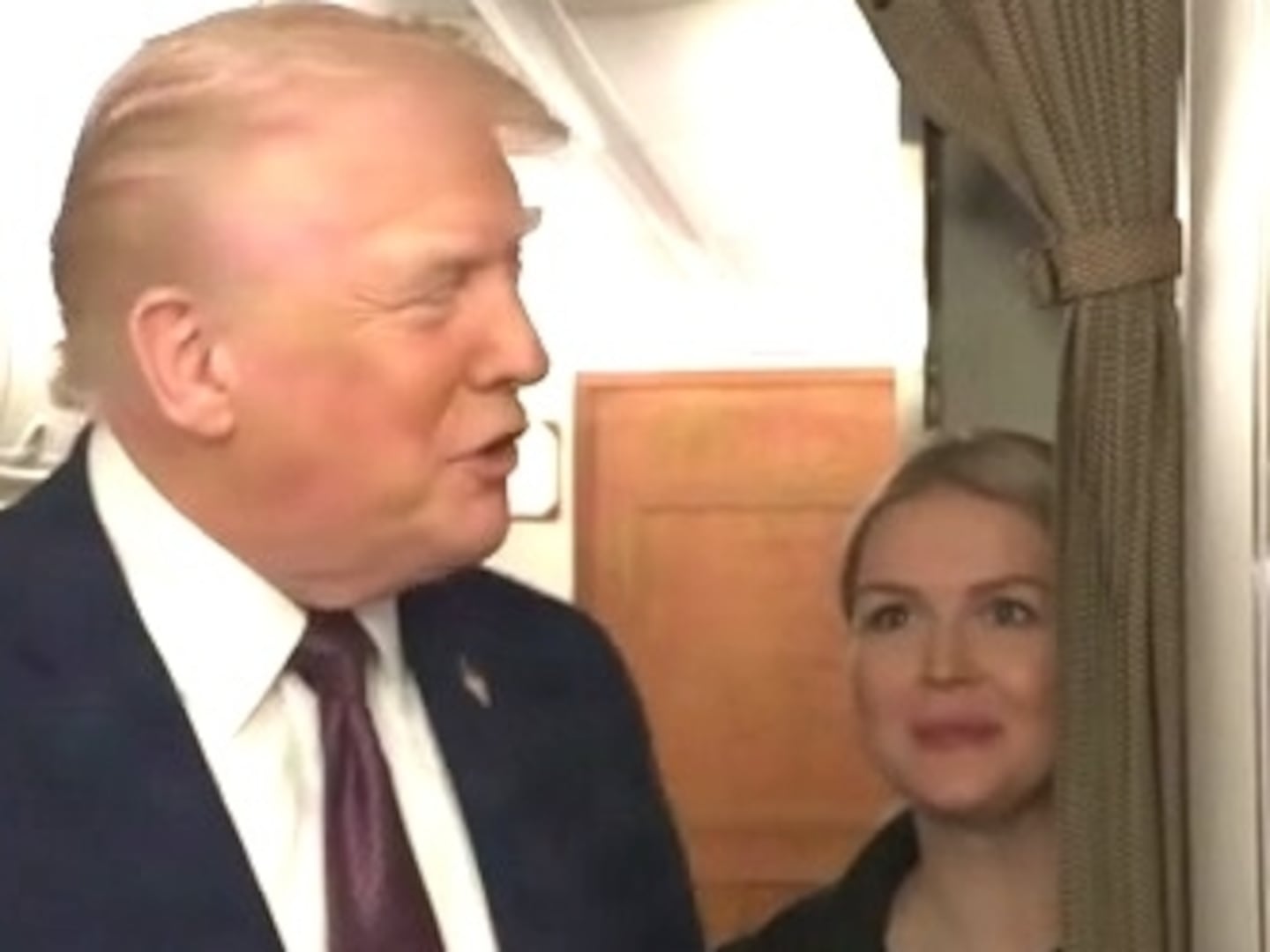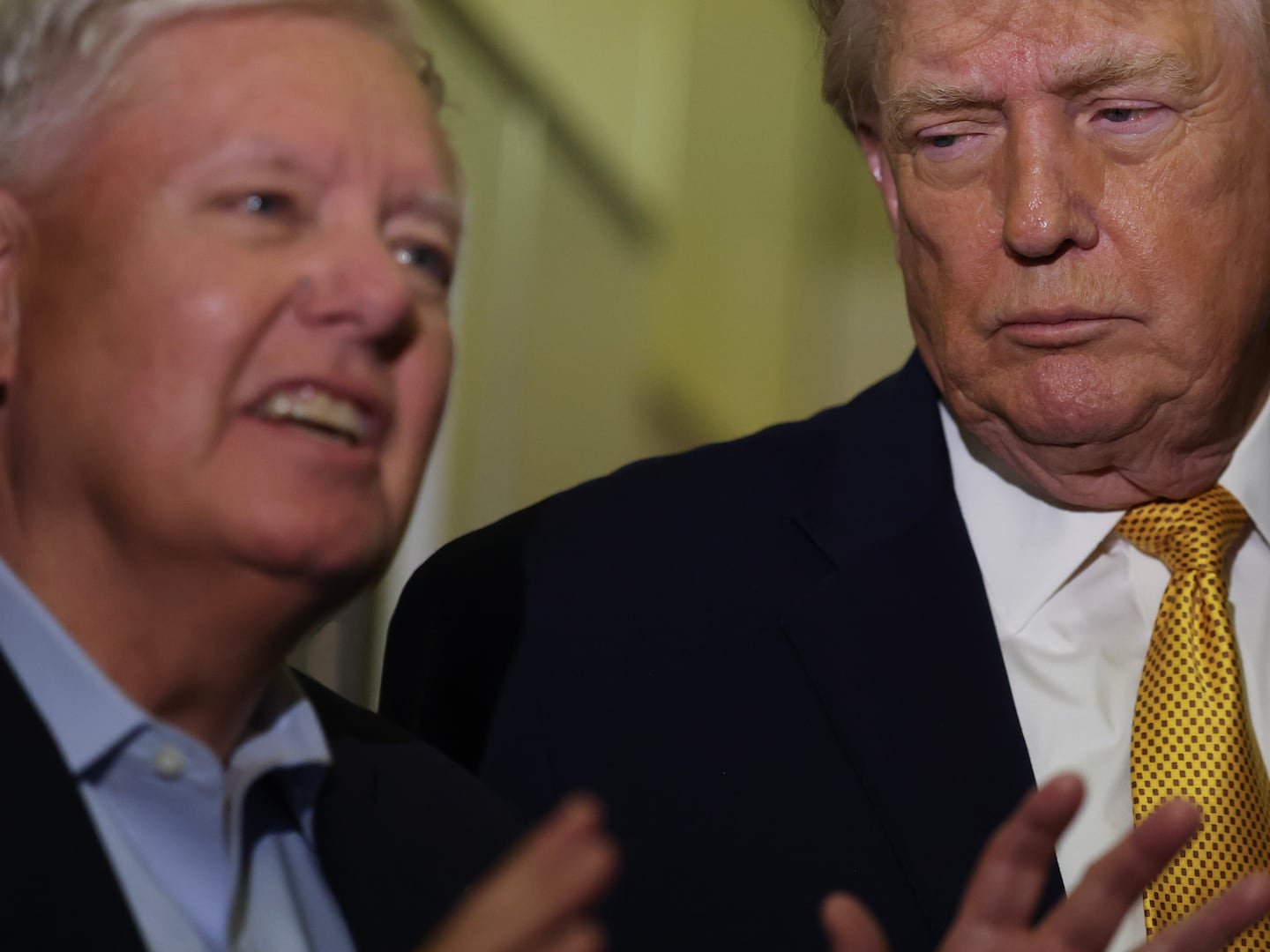
It will be generations before scientists fully understand the impact text messaging has had on our society. Accelerated communications, the condensing of complex thought into compact, emoticon-enriched half-phrases; these effects can merely be speculated upon now. But the fallout from one edge of the texting revolution is already stunningly clear and already having far-reaching effects on American culture; text messaging, it can now be definitively said, has transformed the electorate of American Idol from a diverse microcosm of the nation’s broad middle, to a playground for willful 11-year-olds seeking to reshape the world in their image.
Armed with their text messaging superpowers, able to tirelessly deliver hundreds of votes each to a grown-up’s five or ten, in the past few years, tween girls have stormed the ramparts of Idol democracy and—depending on your perspective—either wreaked havoc upon our national pastime, or given an aging show a fresh wind of underage relevance. Either way, they have made the Idol stage a very different place, and nowhere was the heavy hand of the tween dictators felt more strongly than at the Idoldome during Wednesday night’s elimination show, where in the first big shocker of the season, Michael “Big Mike” Lynche found himself with the week’s lowest vote total for the week.
Not only do tween girls seem to prefer their Idols be male, but they also seem to prefer them to be white.
The evidence for the rise of the tween voting block is anecdotal; Idol sadly releases no voter information beyond the number of ballots cast, and no independent study has been conducted of the electorate. However, careful study does point to an irrefutable fact, that in the past few years, “cute boys” have come to dominate American Idol to an unprecedented degree.
• View our coverage of American Idol Season 9 The show’s knowledge of this trend was on display in the elimination rituals Wednesday night. In a bit of gotcha showmanship, the show began by bringing the three sole remaining females of the top nine to the stage, teasing with the notion that after women have been eliminated three weeks in a row, cutting their ranks in half, the voters would dispatch yet another to oblivion.
This is of course, only the latest spasm of a trend that has been in play for several years now, roughly since the rise of text voting. While the two true durable superstars Idol has produced (Kelly Clarkson and Carrie Underwood) have been women, no female contestant has made it to the finals since Jordin Sparks won three years back. Last year, the entire Top Three was male.
This week, however, the wrath of the tween girls did not fall upon their own gender, but upon another quirk in the block’s predilections. Not only do they seem to prefer their Idols be male, but they also seem to prefer them to be white.
In making it as far as the number nine slot, Big Mike traveled as far as any African-American male has gone since Nikko Smith was eliminated on this same week in Season Four. Prior to that, no African-American male has made the Top Five since George Huff in Season Three, a good six years back. This despite the fact that every year, a sizable number of critically favored African-American men emerge from Hollywood Week, only to crumble like cannon fodder in the semi-finals rounds.
Such are, apparently, the whims of America’s tweens.
While American Idol is often derided by its detractors as a harbinger of the fall of civilization, in format and tone it has in fact, been for most of its history, quite the opposite; Idol has in fact been a throw back to a gentler, broader age of mass entertainment. With its tributes to the giants of song and its focus on talent, rather than bug eating or hair pulling, it harks back to an age before the current reality wave, before the current disco-fication of our culture for that matter.
But with the tweens in the driver’s seat, nothing can resist the forces of change forever; nor would any show truly want to if it values its life.
In the Idoldome this week, the full panoply of contemporary American pop culture was on display; the aging but still might talent show learning to ride the waves.
While Kate Gosselin danced on the sound stage next door for Idol’s newly resurgent erstwhile competitor Dancing With the Stars, word spread through the audience that the most important woman in American culture was on the premises; Octomom herself had been sighted backstage—although mysteriously she never showed her face in the studio, leaving the meaning of her presence a mystery. In the past seasons, blog-fodder from Lindsay Lohan to Hills stars have regularly visited the Idoldome to pay homage to the goliath; it was only a matter of time before the Venn diagram of Idol and post-modern celebrity world grew enough to welcome in Miss Suleman herself.
In the studio, Cory the warm up guy stoked a bustle of audience excitement announcing “Yes, that’s the actor from The Blind Side!” before tragically stumping the crowd with “Now who knows his name!? No, BFF doesn’t count.” Mr. Quinton Aaron’s heart was no doubt warmed.
As the Idols took the stage, each eliciting shrieks from the mosh pit, many would be horrified to learn that only one Idol seemed to draw at an exponentially higher volume than the field; Vote for The Worst favorite Tim Urban, clearly has a lock on the hearts of the mosh pit. And that means he likely is not going anywhere any time soon.
And while the near-death and climatic “save” of Big Mike had the audience driven to madness, onstage the reaction was notably more sedate. When the save was employed last year to rescue dueling pianist Matt Giraud, his fellow contestants suspended the laws of competition, chanting at the judges demanding his save, even though by saving him, they had damaged their own chances, then at the very upper reaches of the competition.
This year, the safe eight looked on mutely while the audience chanted on Big Mike’s behalf. It has been noted that while elimination nights once brought floods of tears from the survivors, in the last couple years, the contestants’ tears for their fallen comrades have notably dried up. The tidal wave of emotion that the dramatic events of this night seemed to stop somewhat short of the contestants themselves, who gathered around for a group hug fairly dry eyed.
But this too is part of the world of the tweens, somehow less sentimental than their forbears, a generation that remarkably perhaps sees the show for what it is, and is here to win.
Richard Rushfield is a four-year veteran of the American Idol beat and the author of a recent memoir, Don't Follow Me, I'm Lost.





